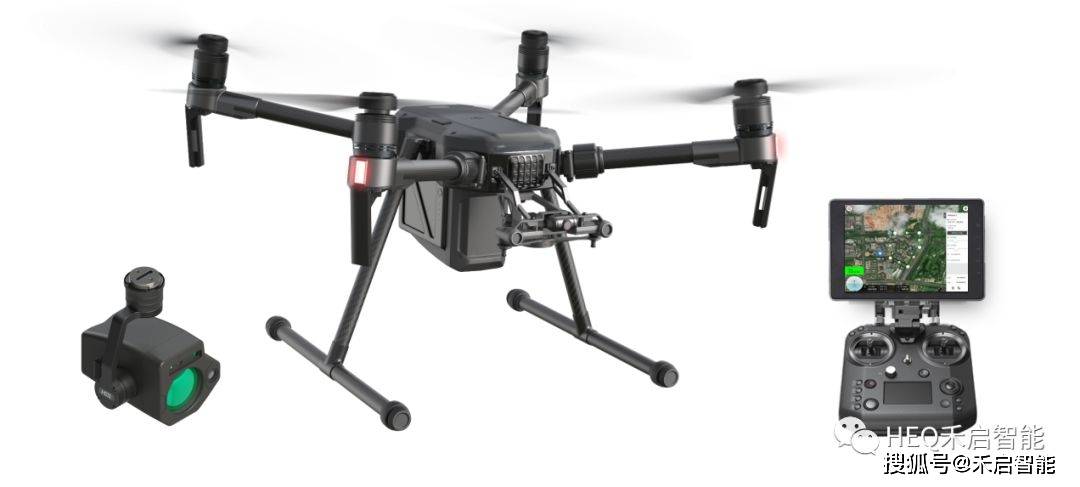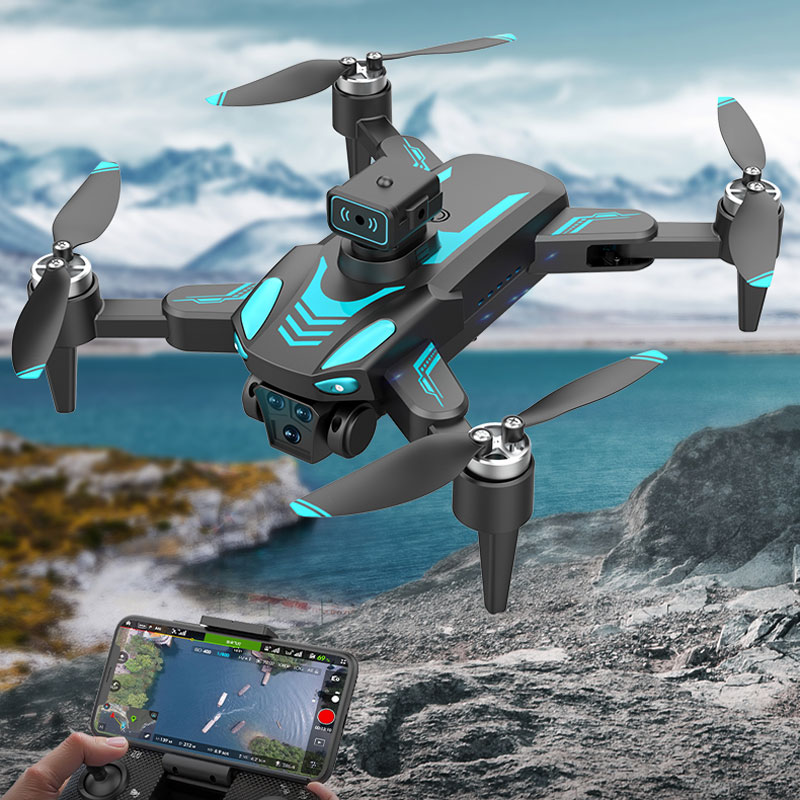The field of drone piloting is rapidly growing in popularity and demand, offering exciting career opportunities for enthusiasts of aviation and technology. Becoming a professional drone pilot is not only engaging but also a lucrative career path due to the increasing applications of drones in various industries. By understanding the qualifications, skillsets, and opportunities available, you can position yourself as a sought-after professional in this cutting-edge field.
Why Consider a Career as a Drone Pilot?
Drones, also known as Unmanned Aerial Vehicles (UAVs), are reshaping industries ranging from agriculture to real estate. A career as a drone pilot provides the chance to merge passion with technology while creating value in different sectors. Fields such as construction, emergency services, and even filmmaking have embraced drones for their ability to provide high-quality aerial imagery, data collection, and accessibility in challenging environments.
Industries That Hire Drone Pilots
Drone pilots are in demand across various industries due to their specialized skills. For example:
- Agriculture: Farmers employ drones for precision agriculture, monitoring crop health, and efficient resource management.
- Real Estate: High-quality aerial shots captured by drones enhance property listings, making them attractive to buyers.
- Delivery Services: Companies like Amazon are experimenting with drones for faster and reliable deliveries.
- Telecommunications:
 Drones are increasingly used to inspect cell towers and other infrastructure quickly and cost-effectively.
Drones are increasingly used to inspect cell towers and other infrastructure quickly and cost-effectively. - Media and Entertainment: Professional drone pilots in this field contribute to incredible footage for movies, advertisements, and live sports coverage.
Drone Pilot Certifications and Skills

Not everyone can pick up a drone and become a professional; certifications and specific skills are required to meet industry standards. One key certification is the Part 107 Remote Pilot Certificate, issued by the FAA, which is a necessity for operating drones for commercial purposes in the U.S. Similarly, other countries may have their own regulatory requirements you must adhere to.
Aside from certifications, having a solid grasp of aerodynamics, remote sensing, and GPS navigation can significantly enhance your credibility and effectiveness as a drone pilot.
How to Start Your Drone Pilot Career
To begin, invest in a high-quality drone suited to your industry of interest. Practice flying it under various conditions to master stability, navigation, and precision. Participating in online and offline flight school programs can further refine your technical abilities. Building a portfolio showcasing your best drone work is equally crucial, as it will set you apart when applying for jobs or pitching to clients.
Current Demand and Future Prospects
The demand for skilled drone pilots shows no indication of slowing down. According to industry predictions, the global drone market is expected to reach new heights over the coming years. As technologies such as AI and machine learning integrate with drones, opportunities in data analysis and autonomous flying will create new niches for experts in the field.
Key Challenges in Becoming a Drone Pilot
While the career is highly rewarding, it is not without challenges. Staying up to date with ever-changing regulations and technological advancements can be overwhelming. Equipment costs and ensuring a steady flow of projects can be other hurdles in maintaining a long-term career. However, these challenges can often be mitigated by strategic planning and continuous learning.
Frequently Asked Questions
1. What is the average salary of a drone pilot?
Drone pilot salaries can vary significantly depending on the industry, location, and level of expertise. On average, professional drone pilots earn anywhere from $50,000 to $100,000 annually.
2. How do I obtain a Part 107 Remote Pilot Certificate?
To obtain the certificate, you must pass the FAA’s Aeronautical Knowledge Test, which assesses your understanding of airspace regulations, weather conditions, and drone operations.
3. Are there free resources for learning drone piloting?
Yes, many platforms like YouTube, Coursera, and industry-specific blogs offer free tutorials and tips on drone operation and best practices.
